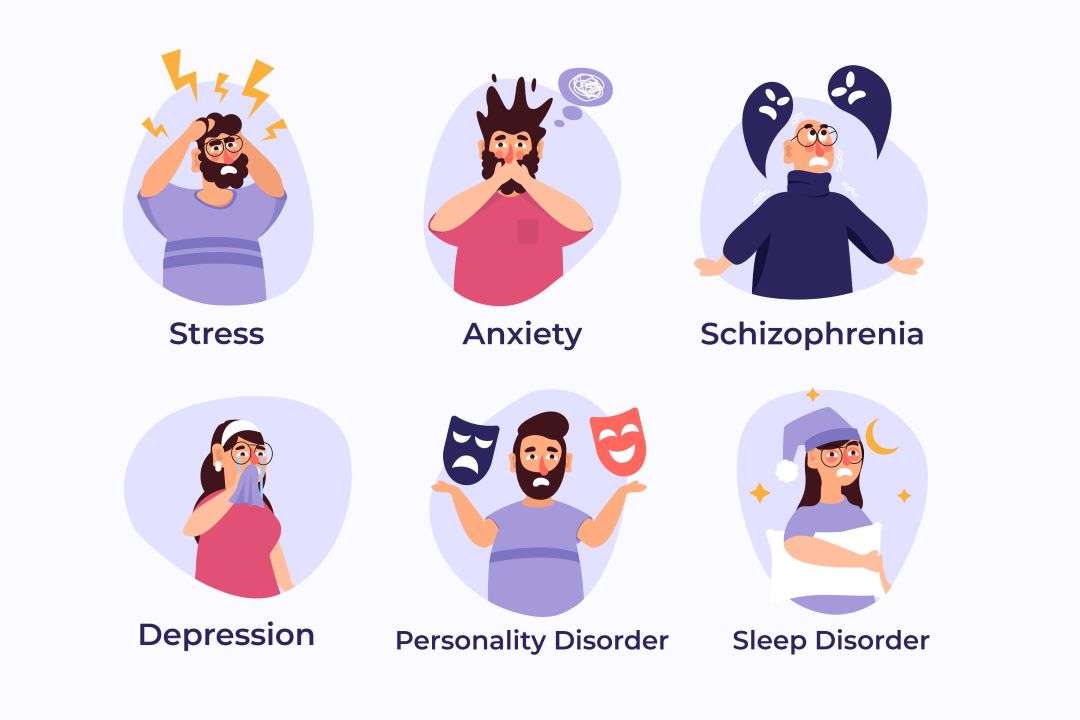Is my Organisation Sensitive to My Identity Crisis?
.Starting a new job is a major life transition. It’s a time of excitement, new challenges, and often a chance to redefine ourselves. However, this period of change can also trigger an identity crisis, leaving us questioning our purpose, values, and place in the world.
What is an identity crisis?
Having an identity crisis means thinking deeply about yourself and asking yourself questions while you try to figure out who you are, what you believe, and why you are here. Erik Erikson, a psychologist, coined this phrase to describe how challenging it is to define oneself, particularly when one is going through a change in one’s life. It means asking yourself about your jobs, your relationships, and the core of who you are.
People often have identity crises when big things happen in their lives, like when they are teenagers, changing careers, or going through a major life event. People may feel uncertain about their views, values, and goals during these times, which can lead them to seek self-discovery and a more accurate understanding of who they are.
Feeling Lost: Identity Crisis at Work
When we experience a sense of self-doubt or undermining at work, an identity crisis develops. Several factors can cause this, including:
- If our personal beliefs and ideals don’t match up with the way the company works, we may feel fake and disconnected.
- If our work doesn’t match our personal goals and sense of purpose, it can make us unhappy and make us question our job path.
- Constant stress, having too many demands, and not having a good work-life balance can make us feel burned out and not good enough, which can affect our sense of who we are.
- A job that doesn’t change or offer many chances to learn and grow can stop our progress and make us feel bored and unsatisfied.
Mental Health Impact
An identity crisis at work can have a significant impact on our mental health, leading to:
- Anxiety and depression: The uncertainty and lack of control can fuel anxiety and depression, impacting our overall well-being.
- Low self-esteem: Feeling inadequate and unfulfilled at work can erode our self-confidence and self-worth.
- Loss of motivation: Feeling lost and questioning our purpose can make it difficult to find motivation and engage in our work.
- Physical health problems: Stress and anxiety can manifest in physical symptoms like headaches, fatigue, and digestive issues.
Going from Identity Crisis to Clarity
Self-Reflection:
Self-reflective practices help people understand their values, hobbies, and long-term goals, which brings clarity to the confusing process of self-discovery.
Seek Support:
Talking about identity issues with teachers, coworkers, or mental health professionals can help you see things from a different point of view and give you support during tough times.
Embrace Change:
Understanding that identity changes over time and being open to it is a normal part of growing up, both personally and professionally.
Align with Values:
To create a more authentic and satisfying career path, people should align their personal values with their professional choices.
Remember that an identity crisis is a chance to learn more about yourself and grow. If you take the time to think about yourself, get help, and look at your options, you can come out of it stronger.
How can your organisation help?
Organisations can play a crucial role in supporting employees through identity crises by:
- Create a mentally safe environment. Make the workplace psychologically safe where workers feel free to talk about their problems and ask for help.
- Prioritise employee well-being. Provide mental health tools and encourage a healthy work-life balance with flexible schedules and programmes to help deal with stress.
- Invest in employee development. Invest in your workers’ growth. Have training sessions that improve their skills, and move up in their careers. This will help them find meaning and purpose in their work.
- Engage in open communication. Open communication means asking workers for feedback regularly and addressing their concerns to make the workplace more supportive and satisfying.


